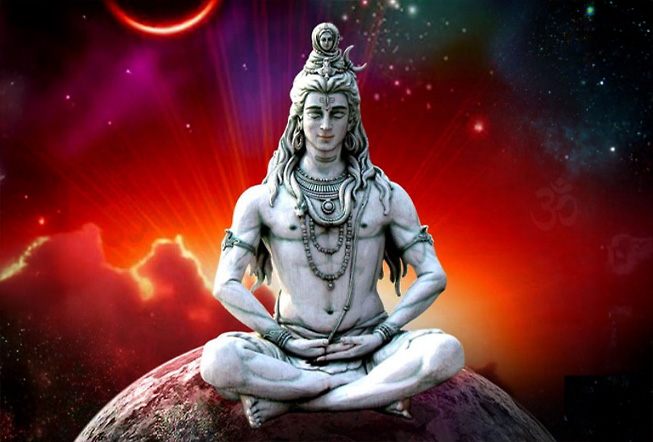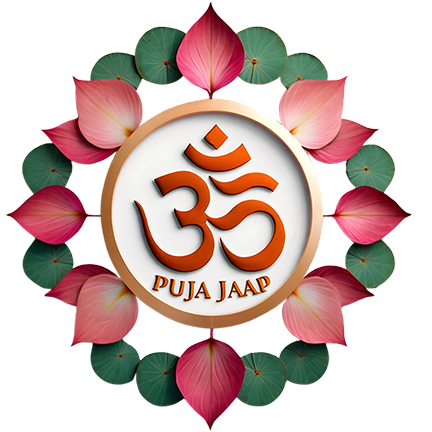
What is Mahamrityunjaya Anusthan?
Mahamrityunjaya Anusthan is a powerful and sacred Vedic ritual dedicated to Lord Shiva, specifically invoking the blessings of the Mahamrityunjaya Mantra, also known as the “Triyambakam Mantra.” This anusthan (spiritual practice) is performed to seek protection from untimely death, severe diseases, negative energies, and life-threatening situations. It is believed to bestow good health, longevity, spiritual upliftment, and divine grace.
The Mahamrityunjaya Mantra is one of the most significant mantras from the Rig Veda:
“ॐ त्र्यम्बकं यजामहे सुगन्धिं पुष्टिवर्धनम्।
उर्वारुकमिव बन्धनान् मृत्योर्मुक्षीय माऽमृतात्॥”
This mantra is a prayer to Lord Shiva for liberation from the cycle of birth and death while ensuring a healthy, peaceful, and prosperous life.
importance of Mahamrityunjaya Anusthan
- Protection from untimely death – Shields devotees from fatal dangers and life-threatening situations.
- •Healing and well-being – Helps in curing chronic illnesses, providing strength and vitality.
- •Removal of negative energies – Eliminates fear, negative influences, and planetary doshas.
- •Enhances spiritual growth – Aids in attaining peace, mental clarity, and divine connection.
- •Blessings for longevity – Ensures a long, healthy, and prosperous life under Shiva’s divine grace.
Samagree
The Mahamrityunjaya Anusthan requires various sacred items for performing the ritual effectively. It begins with an idol or image of Lord Shiva, along with offerings of bilva leaves, rudraksha mala, and panchamrit (a mixture of milk, curd, honey, ghee, and sugar) for abhishek. Other essential items include roli (vermilion), sacred thread (kalava), sandalwood paste, turmeric, camphor, incense sticks (dhoop), and an earthen lamp (diya) with cow ghee. A copper or silver vessel filled with Gangajal is used for offering water (Jalabhishek) to the Shivling. Fruits, dry fruits, coconut, betel leaves, and sweets are also offered. The Mahamrityunjaya Yajna involves the use of havan samagri, black sesame seeds, rice, barley, and pure cow ghee. During the anusthan, the Mahamrityunjaya Mantra is chanted 11,000, 21,000, 51,000, or 125,000 times, depending on the devotee’s resolution (sankalp).
Performing Mahamrityunjaya Anusthan with complete faith and devotion brings immense protection, good health, and divine blessings from Lord Shiva. It is one of the most powerful and life-transforming spiritual practices, ensuring peace, prosperity, and liberation from fear and suffering.
